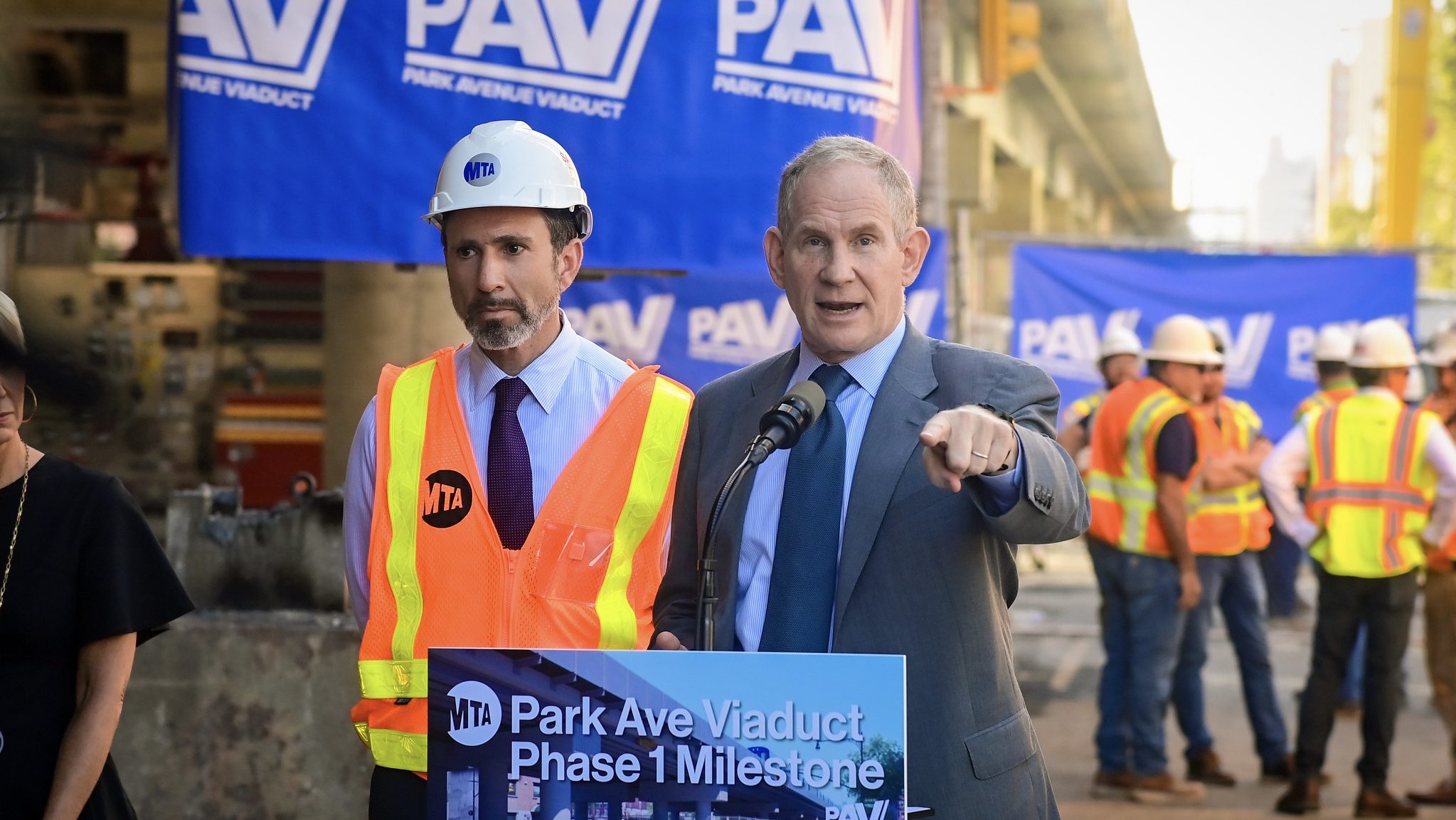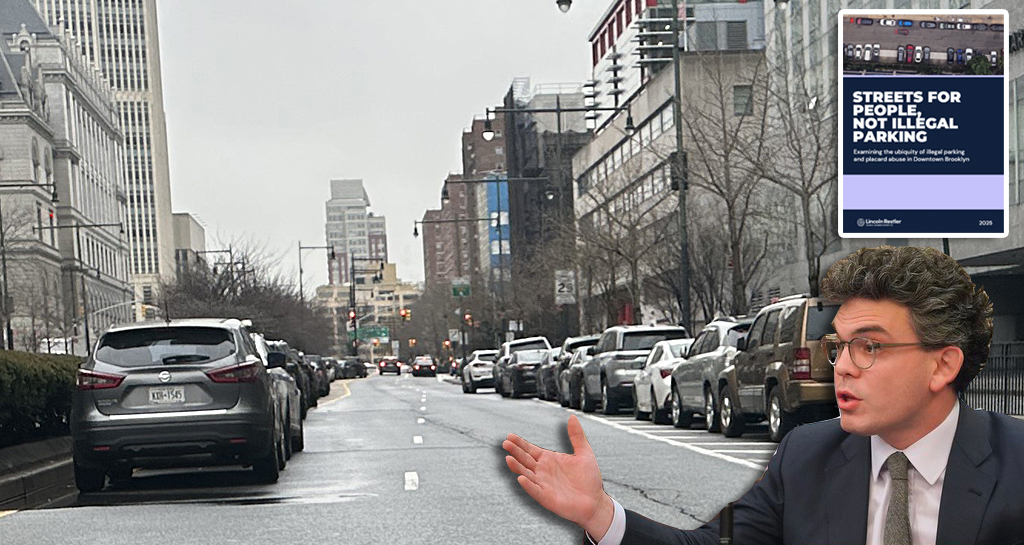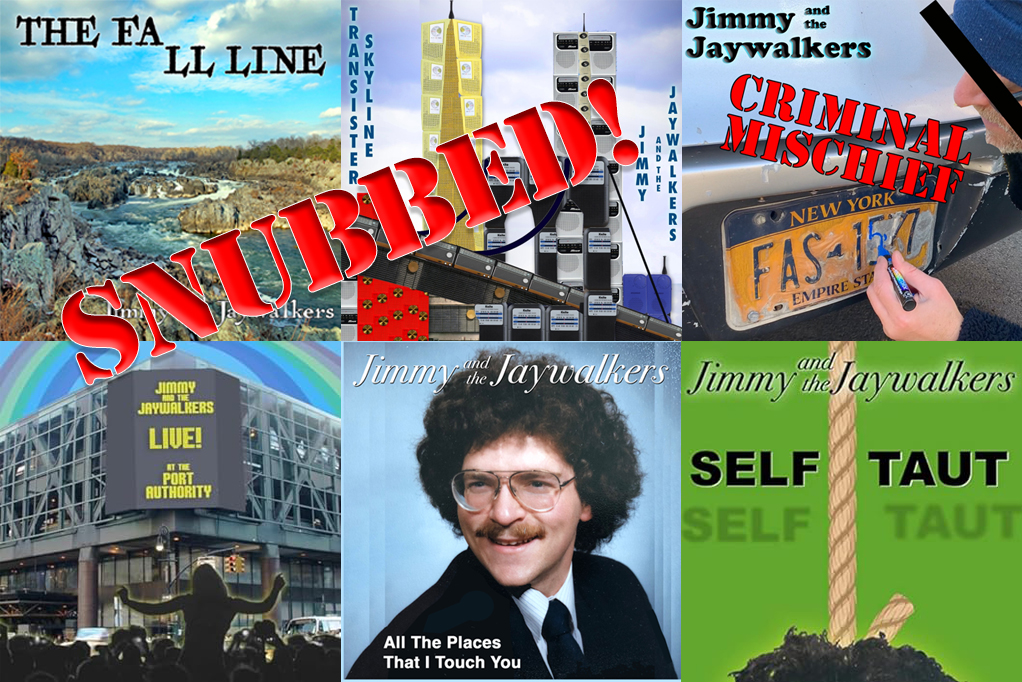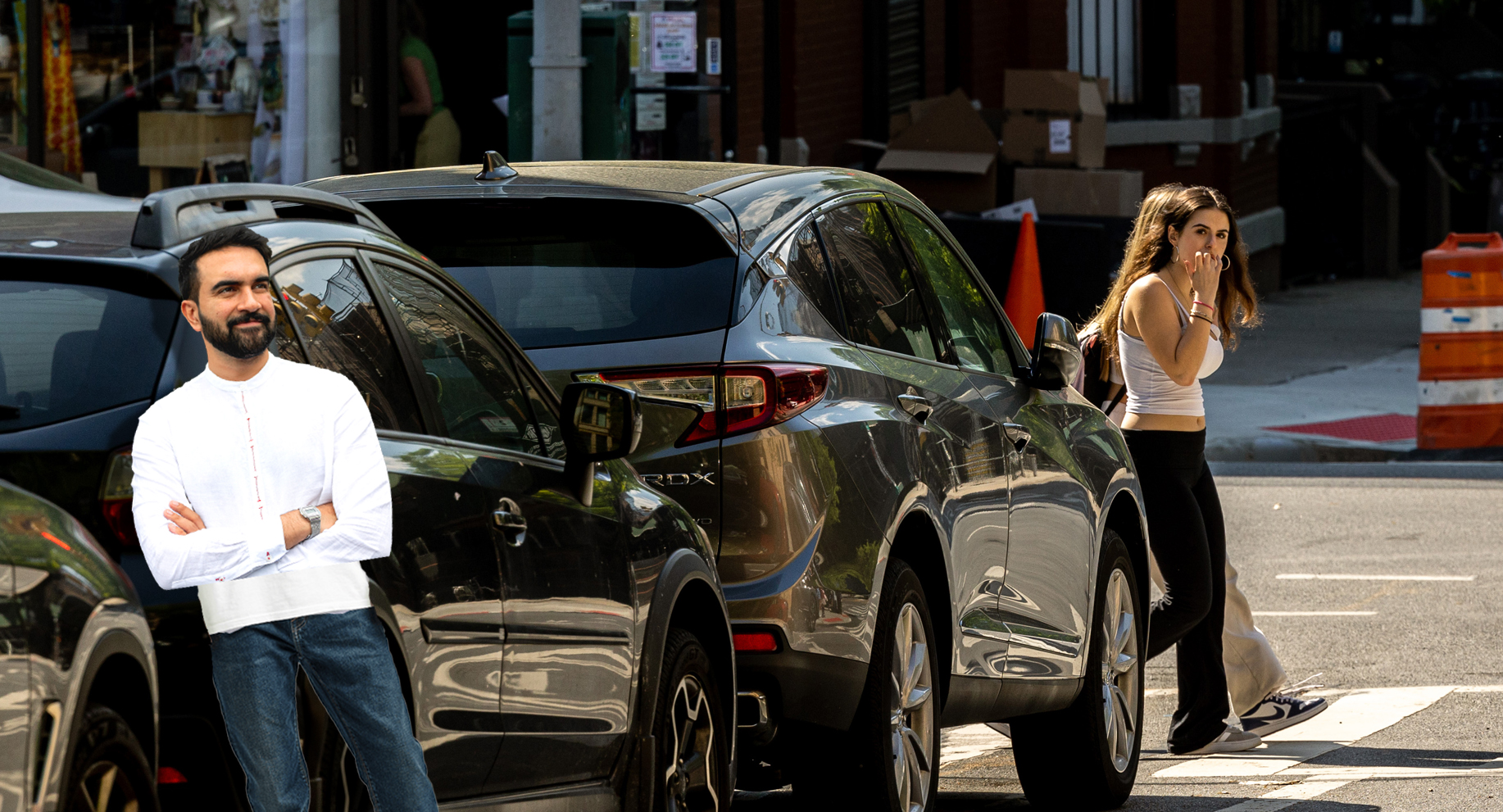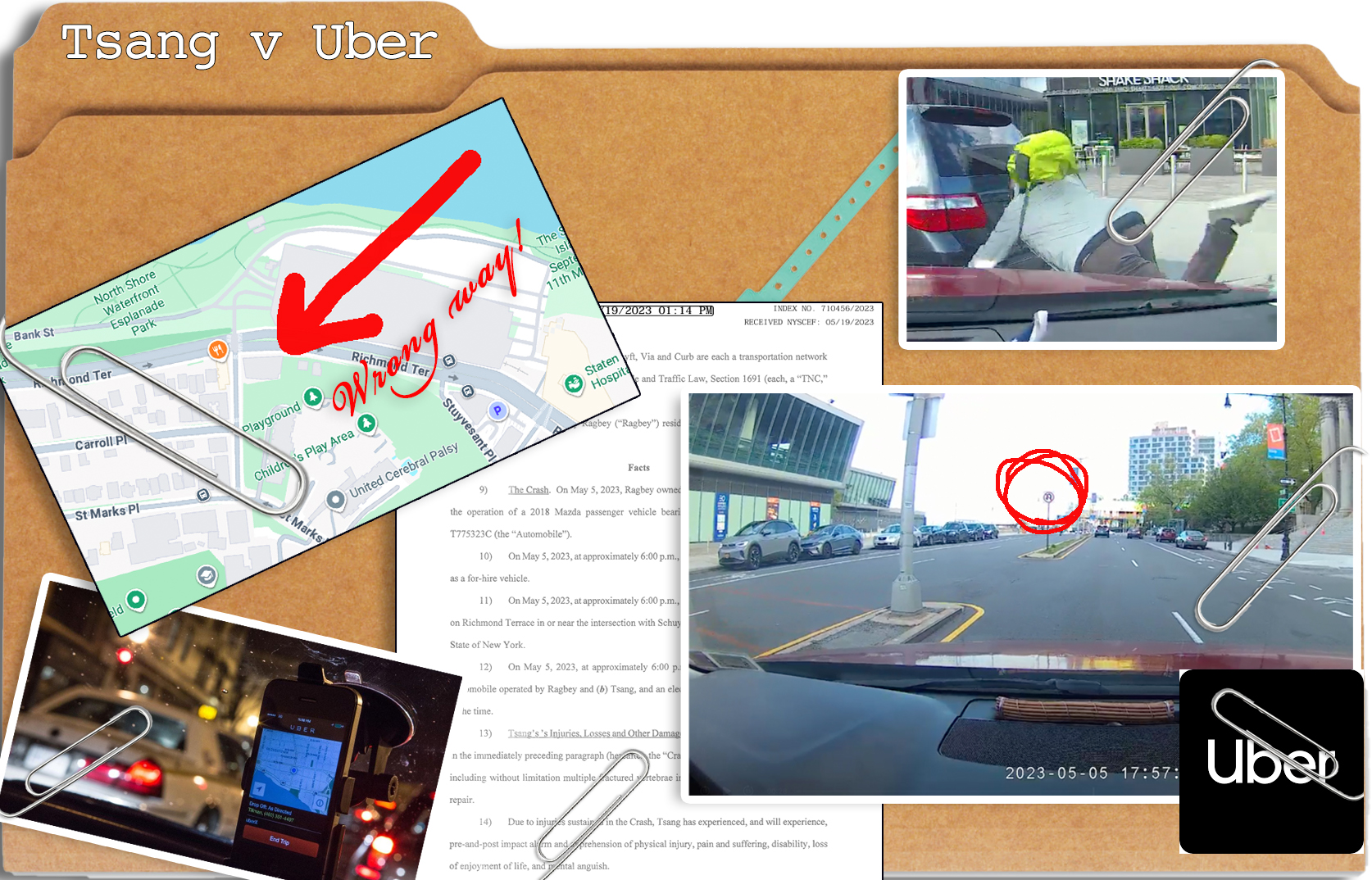The MTA Reinvention Commission report, the product of months of work from a panel of experts, was unceremoniously dumped to the press by the governor's office at 5:30 p.m. yesterday, shortly before Thanksgiving. While the document [PDF] includes a number of worthwhile suggestions, it fails to seriously grapple with the biggest challenges facing New York's transit system. The MTA's astronomical construction costs and the substantial systemwide benefits of funding transit with road pricing get only cursory mentions. This is disappointing, but not surprising, since the report is a reflection of the man who created and controlled the commission: Governor Andrew Cuomo.
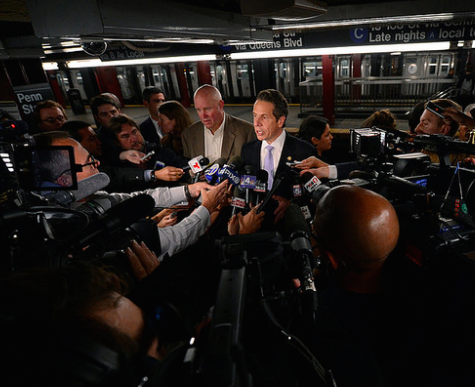
Cuomo's disinterest in transit goes back to the start of his administration. After a campaign where he cast doubts on the Payroll Mobility Tax that stabilized the MTA's finances in 2009, Cuomo followed through in first year in office by cutting the PMT.
Cuomo has dipped into the MTA budget multiple times by diverting dedicated transit funding to the state's general fund. When the legislature passed bills to require more disclosure of raids, Cuomo blew open a loophole and vetoed an effort to close it, all while denying that his financial maneuvers amounted to transit raids at all.
In an election-year stunt this February, Cuomo gave Staten Island voters drivers a 50 cent toll cut in February -- a political ploy that came at transit riders' expense.
When Cuomo worked out a labor agreement to avoid a Long Island Rail Road strike earlier this year, he hosted a press conference where smiles were in abundance but details about how much the deal would cost were not. Months later, it was revealed that new labor deals would cost the MTA at least $1.28 billion through 2017, paid for by cuts to retiree fund contributions and the authority's own capital budget. Absent from the new labor agreements: Work rule reforms to ensure that, in addition to compensating employees well, operating funds are spent efficiently.
All the while, costs and delays continue to spiral upwards on the authority's big-ticket projects, leading MTA Chairman and CEO Tom Prendergast to admit that large-scale capital construction might not be one of the authority's "core competencies."
Why does it takes so much time and so much money for the MTA to do things compared to its peer systems? The report acknowledged these problems but failed to offer much in the way of critical analysis or specific solutions, similar to how it failed to zero in on road pricing as an ideal revenue stream that can both lower the agency's debt load and dramatically improve systemwide bus performance. (For some more food for thought about what's missing from the report, read Alon Levy's post at Pedestrian Observations.)
Don't blame the commission for these shortcomings though. Blame Andrew Cuomo. He created the commission, so it's no coincidence that it produced a document that skirts the most politically sensitive issues. The report is another sign that Cuomo's interest in transit doesn't extend deeper than press releases and photo-ops. The governor has no intention of confronting contractors, unions, or motorists to make a transit system that works better for all New Yorkers.
Streetsblog will not be publishing on Thursday or Friday. Happy Thanksgiving, and we'll see you on Monday.
